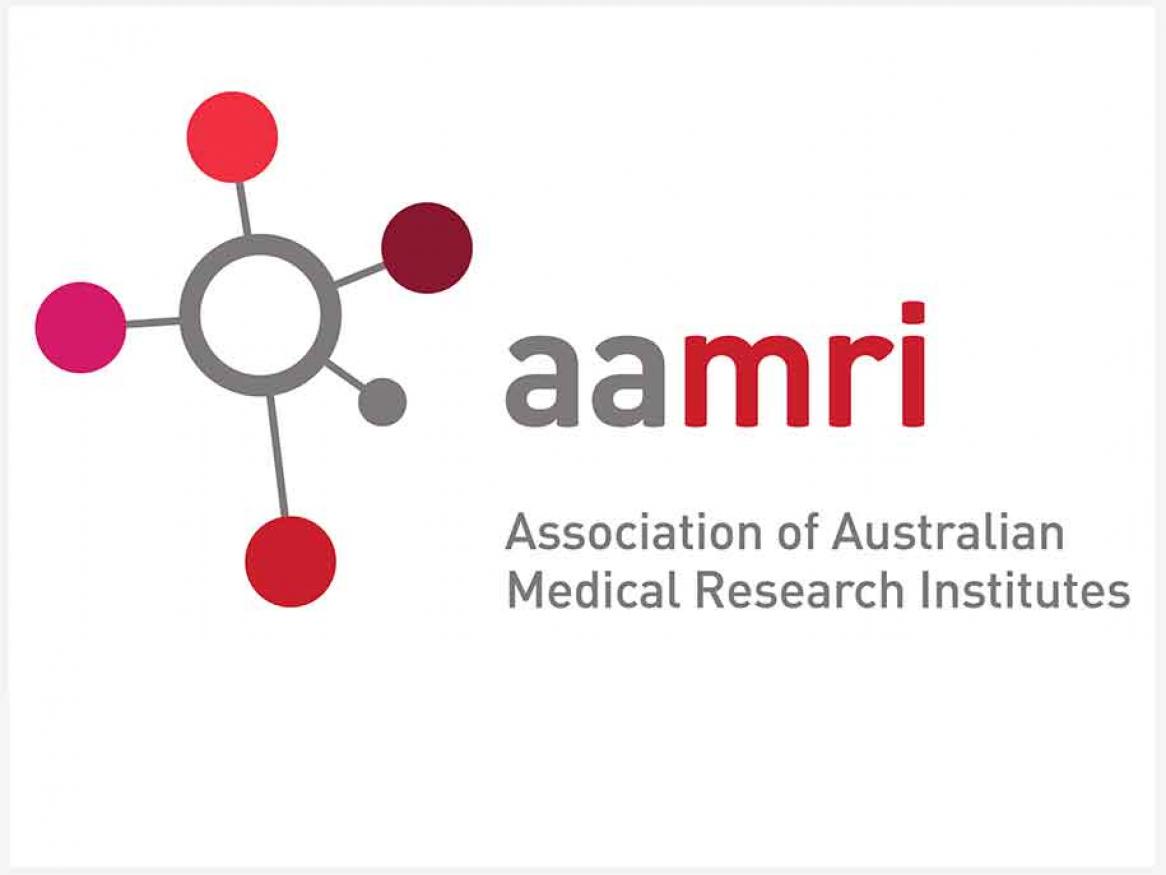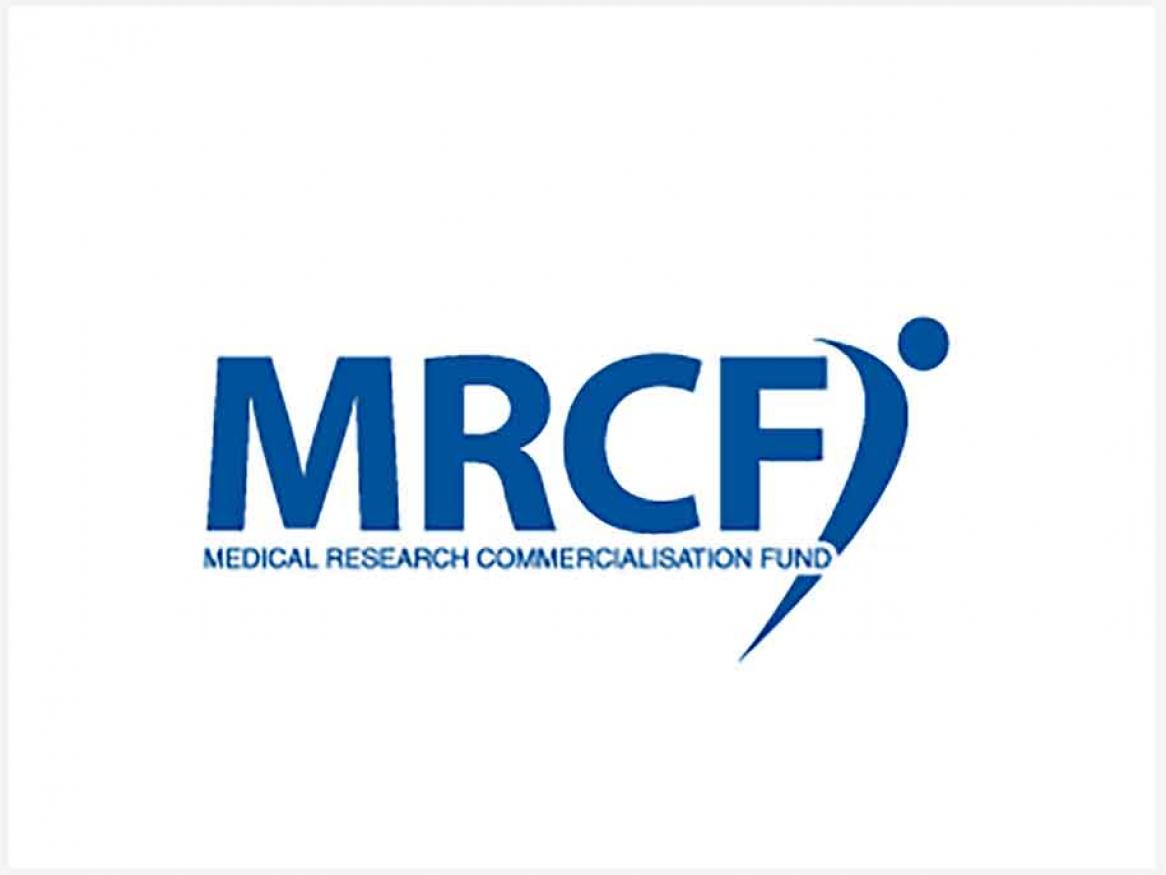About Us
The foundations for lifelong health are established before birth. A child’s growth, development and susceptibility to disease is programmed by a myriad of cues, including genetic, social and environmental factors, the health of parents at conception, the circumstances of conception, environmental exposures and health during pregnancy, the events of labour, and early life experiences.
The Robinson Research Institute at The University of Adelaide is comprehensively addressing how to give all children a healthy start in life. Our 45+ research teams are uncovering how events and circumstances before birth and during early life impact an individual’s healthy development, their susceptibility to disease and their resistance to adversity. With these discoveries, we are developing effective interventions to protect children and improve their health prospects throughout life.
What makes us unique?
At the Robinson Research Institute, our focus is addressing the reproductive and early life origins of health and disease.
Early life research often concentrates on conception onwards. As the preconception period is critical for a healthy pregnancy and establishing the health trajectory of the developing fetus, we also consider the health, environment and social circumstances of prospective parents.
Our research is novel in its scope, including the critical period prior to conception. We have found that the greatest potential for lifetime health, free from chronic disease in adulthood, is attainable through preventative approaches, starting in the earliest stages of life. Thus, we also focus our research on pre-conception health and environmental exposures and lifestyle choices of prospective parents, including the health of adolescents. In both parents, this period prior to pregnancy plays a critical role in fertility, establishing a healthy pregnancy and childhood development.
Our 400+ members collaborate across many disciplines, including biomedical, clinical, social, and epidemiological science to generate the new discoveries that will improve reproductive health in parents tackle and life-long health in children. This comprehensive approach, along with collaborations with community, not-for-profit, government, health practitioners and industry, enables us to make big strides towards improved health for families across generations into the future.
We improve the health of the community by applying our discoveries in a number of ways, including: improving clinical practice guidelines; developing new therapies, medicines and interventions; developing briefing papers and providing guidance for policy makers; and producing online health resources.
Our vision
Life-time health for all children and families, through research excellence.
Our mission
Deliver world-class advances in human reproduction, pregnancy and child health, informing clinical care, policy and practice to improve health across generations and global communities.
Our research scope
Building on over 60 years of pioneering research at The University of Adelaide, our researchers works across four themes:
- Fertility and conception
- Pregnancy and birth
- Early origins of health
- Child and adolescent health
Within these themes, our research groups are conducting world-leading research at the state-of-the-art Adelaide Health and Medical Sciences Building to improve life-long health for all children and families across generations.
Download the RRI's Capability document to learn more about our world-leading research.
Our history
-
1950's - Lloyd Cox appointed
- 1958: Lloyd Cox appointed as Foundation Professor of the Obstetrics and Gynaecology department (O&G), based at the Queen Elizabeth Hospital (QEH)
-
1960's - First biochemist appointed
- 1962: Ron Cox appointed as a biochemist - first department of its kind to appoint a scientist
- 1963: Lloyd Cox elected as Dean of Medicine
- 1969: Bob Seamark appointed by Lloyd Cox
-
1970's - First donor sperm program established
- 1971: First frozen semen bank in Australia, and first sperm donor program established
- 1971: Arnold Gillespie appointed Reader in Obstetrics and Gynaecology
- 1973: O&G begins a presence at the Royal Adelaide Hospital (RAH)
- 1977: Alastair MacLennan appointed and based at the Queen Victoria Hospital (QVH)
-
1980's - Fertility services commenced
- 1984: Lloyd Cox retires as Head of Department
- 1984: Arnold Gillespie appointed as Acting Head of Department
- 1985: O&G achieved South Australia's first birth from a frozen embryo
- 1986: Jeffrey Robinson appointed as Head of Department
- 1987: Colin Matthews appointed as first Professor of Reproductive Medicine
- 1987: Part of O&G moved to the Medical School
- 1987: Repromed established and commenced fertility services at Wakefield Memorial Hospital (WMH) and the QEH
- 1988: Rob Norman appointed to O&G
- 1988: Caroline Crowther appointed to O&G
- 1988: Sarah Robertson appointed to O&G
-
1990's - Achieved a life birth following ICSI
- 1993: O&G achieved a birth following Intracytoplasmic Sperm Injection (ICSI) - Australia was the 3rd in world to successfully use this technique
- 1993: O&G achieved its first birth following Preimplantation Genetic Diagnosis (PGD) (cystic fibrosis) - another Australian first (5th in the world)
- 1994: O&G begins to have a presence at Lyell McEwin Hospital (LMH) with Paul Duggan appointed as Senior Lecturer
- 1995: QVH closes its doors and the Women's and Children's Hospital (WCH) opens
- 1998: Gus Dekker appointed as Professor in Obstetrics and Gynaecology at the LMH and the QEH
- 1999: Rob Norman appointed as Professor of Reproductive Medicine and Periconceptual Medicine
-
2000's - Robinson Institute opens
- 2002: Repromed moves to new premises in Dulwich
- 2002: Research Centre for Reproductive Health established at QEH & the Medical School
- 2002: Research Centre for Early Origins of Health and Disease was established by Prof Julie Owens and colleagues
- 2006: Jeffrey Robinson retires as Head of the Department
- 2006: Alastair MacLennan appointed Head of the Department
- 2006: Repromed sold
- 2006: The Research Centre for Reproductive Health and O&G moved from the QEH to form a major centre at the Medical School
- 2008: Planning for new building at Norwich Centre and LMH begins
- 2008: Robinson Institute opens with Rob Norman appointed as Director. Named after E/Prof Jeffrey Robinson
-
2010's - Re-named as Robinson Research Institute
- 2012: Alastair MacLennan retires as Head of the Department, Paul Duggan appointed as Head
- 2013: Rob Norman steps down and Sarah Robertson is appointed as Director of the Robinson Institute
- 2014: The Robinson Institute is re-named to the Robinson Research Institute
We are proud members of
Association of Australian Medical Research Institutes
The Association of Australian Medical Research Institutes (AAMRI) is the peak body for medical research institutes (MRIs) across Australia.
Their 54 member organisations work on a broad spectrum of human health issues such as preventive health, chronic disease, mental health, immunology and Indigenous health.
Medical Research Commercialisation Fund
The Medical Research Commercialisation Fund (MRCF) provides dedicated investment funding to support the commercialisation of early-stage medical research discoveries that originate from its member institutes.
The collaborative nature of the MRCF seeks to foster best practice in the commercialisation of medical innovations.


